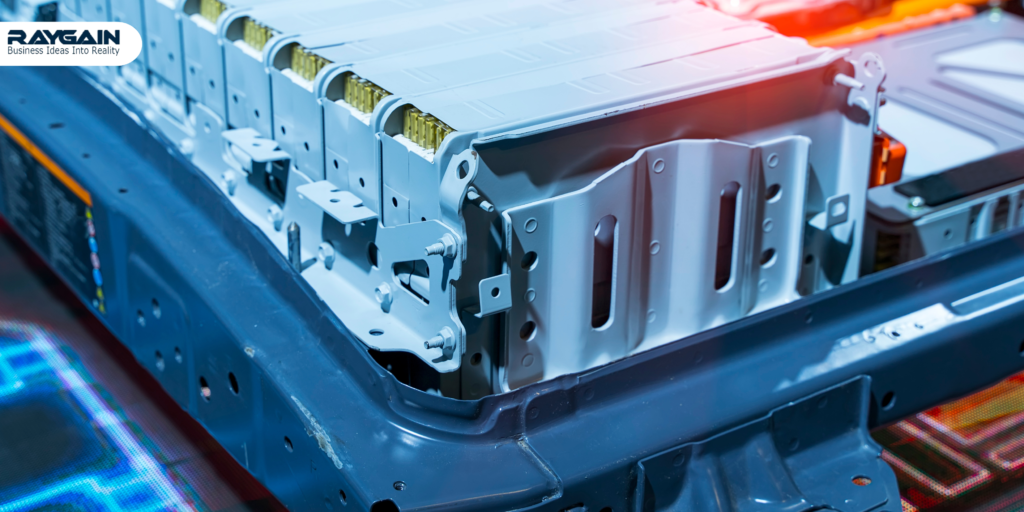In the age of Industry 4.0, smart manufacturing is transforming the way industries operate. From real-time analytics to autonomous production systems, manufacturers are now embracing digital innovation to stay competitive. At the heart of this transformation is connected machinery — intelligent devices and systems that communicate, monitor, and optimize industrial processes without manual intervention.
What Is Smart Manufacturing?
Smart manufacturing refers to the use of advanced technologies such as IoT (Internet of Things), AI (Artificial Intelligence), cloud computing, and data analytics to enhance productivity, efficiency, and flexibility in manufacturing operations.
It allows machines and systems to talk to each other, make decisions, and respond to changes in real-time. This connected ecosystem empowers manufacturers with valuable data and insights that were previously impossible to capture.
The Role of Connected Machinery
Connected machinery is the backbone of smart manufacturing. These machines are equipped with sensors, communication protocols, and software that allow them to:
- Monitor performance in real-time
- Predict maintenance needs
- Optimize production schedules
- Reduce energy consumption
- Improve product quality
By enabling continuous communication and coordination between equipment, connected machinery ensures higher accuracy, better decision-making, and reduced downtime.
Key Benefits of Connected Machinery in Smart Manufacturing
1. Real-Time Monitoring and Control
Machines can be monitored remotely using IoT dashboards. Any anomalies, inefficiencies, or faults can be detected and addressed before they cause delays or failures.
2. Predictive Maintenance
Connected machinery can anticipate when components are likely to fail. This allows technicians to perform maintenance proactively, avoiding unexpected breakdowns and saving costs.
3. Data-Driven Decision Making
Machines continuously collect data on performance, usage, and efficiency. With cloud analytics, this data helps manufacturers optimize operations, forecast trends, and improve resource allocation.
4. Energy Efficiency
Intelligent equipment tracks energy usage and highlights opportunities to reduce waste and lower costs. This not only benefits the environment but also improves profit margins.
5. Increased Safety
With fewer manual interventions and better monitoring, connected systems reduce the risk of accidents and equipment-related hazards in the workplace.
Use Cases Across Industries
Automotive: Assembly lines use connected machinery for automated welding, painting, and quality control, ensuring high-speed and high-accuracy production.
Pharmaceutical: Equipment monitors temperature, pressure, and humidity to maintain compliance with strict manufacturing standards.
Food & Beverage: Real-time monitoring ensures hygiene, consistency, and safety across the production chain.
Textiles: Smart looms and dyeing machines adjust settings based on fabric type and demand trends.
Heavy Industry: Predictive maintenance on turbines, engines, and compressors reduces failure rates and enhances lifecycle performance.
How Raygain Technologies Supports Smart Manufacturing
At Raygain Technologies, we help organizations modernize their factories with advanced smart manufacturing solutions powered by connected machinery.
Our offerings include:
- IoT-enabled equipment integration
- Real-time performance dashboards
- AI-driven predictive maintenance platforms
- Custom analytics for operational insights
We work closely with manufacturers to understand their challenges and build solutions that streamline workflows, reduce costs, and enhance output quality.
Final Thoughts
Smart manufacturing isn’t just a trend — it’s the future of industrial growth. With connected machinery, manufacturers gain a powerful toolset to monitor, analyze, and act faster and smarter than ever before.
As the need for efficiency and agility grows, integrating intelligent machines into your operations is no longer optional — it’s essential.










